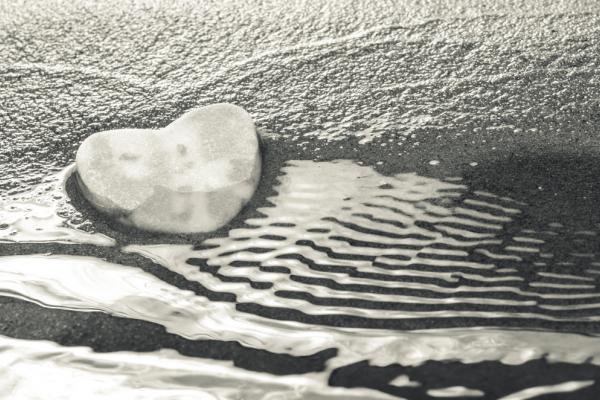Father Gregory Boyle is a Jesuit priest and the founder of Homeboy Industries in East Los Angeles. He lives and works in his economically poor and gang-riddled community building kinship, making close relationships and connections, with the people around him. He affectionately calls his parishioners "homies" and they affectionately call him "G-Dog." I highly recommend his book Tattoos on the Heart: The Power of Boundless Compassion if you, too, are interested in building kinship in the world.
In the book Father Greg tells the story of taking two homies to the White House as a part of then First Lady Laura Bush's Helping America's Youth campaign. On the flight back to L.A., one of the homies talks to a flight attendant and tells her about his life, about what his life had been, about going to the White House, and about what his life was becoming. His story made the flight attendant cry, he tells to Father Greg. And Father Greg says to him, "Well, mijo, whaddya 'spect? She just caught a glimpse of ya. She saw that you are somebody. She recognized you as the shape of God's heart. Sometimes people cry when they see that."
Read the Full Article

